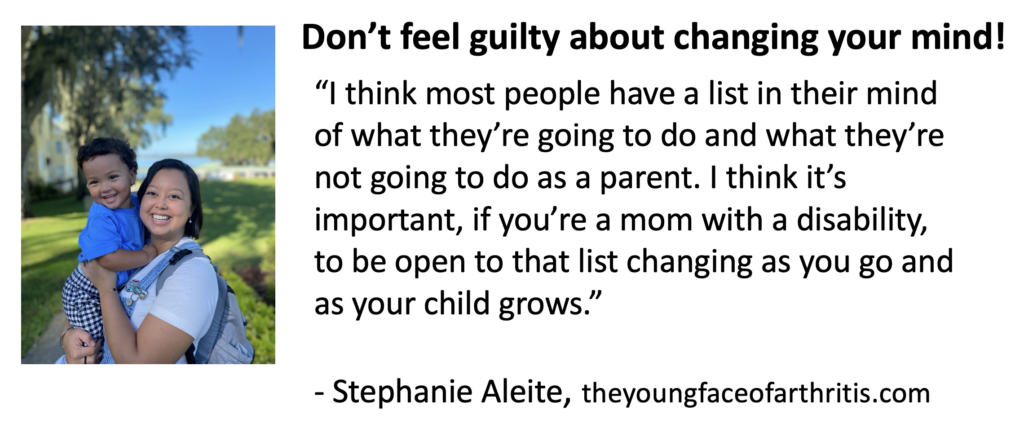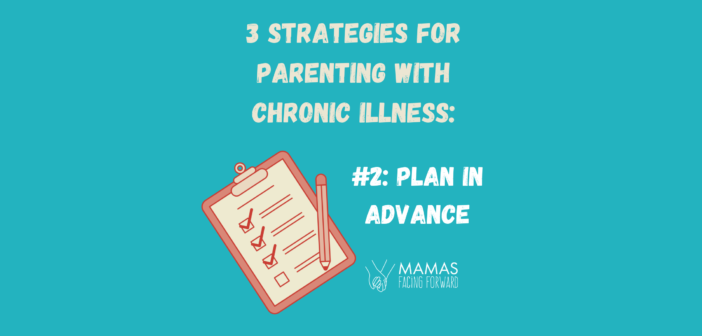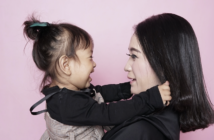This article is based on a presentation given September 14, 2021 at “Rheum4You: Reproductive Health & Rheumatic Disease,” a webinar presented by Simple Tasks, the public awareness campaign of the American College of Rheumatology.
I was diagnosed with rheumatoid arthritis (RA) at the age of 25, and by far the biggest challenge I have faced since my diagnosis has been in becoming a mom.
Today I have three children – ages 9, 7, and 3 – and all three of my pregnancies took place after being diagnosed with RA. Because there wasn’t as much data available ten years ago, my first pregnancy was completely unmedicated, the postpartum flare made infant care extremely difficult, and I was advised to stop breastfeeding to restart medication.
Fast forward to my third pregnancy: I was able to stay on a pregnancy-safe biologic the entire time, I had almost no postpartum flare, and I was able to make my own choices about breastfeeding.
I’ve had a variety of experiences when it comes to pregnancy, breastfeeding, and newborn care – so I want to share three of my best strategies for parenting while living with a chronic illness.
Strategy #1: Fill Your Own Cup First (click to read)
Strategy #2: Plan in Advance
My second strategy for parenting with chronic illness is to plan in advance. Even though flares can be unexpected, if you do some planning during the times you feel better you can make things much easier for yourself if you do end up needing to parent with more pain or less energy.
Planning is especially important for bringing home a newborn – which is challenging for any new parent, but can be especially difficult for moms who might experience a postpartum disease flare. So, making some preparations before baby arrives can make this transition a lot easier.
Here are some key things to consider before your baby is born:
Have a plan in place with your doctor.
How will you check in with your doctor postpartum? Phone? Email? When will the check ins happen?
What medications will you be taking? If you’re planning to breastfeed, what medications are you comfortable breastfeeding on?
What’s the plan if your disease goes into a bad postpartum flare? If you do some planning with your doctor in advance, you can act quickly to activate your plan if you need to.
Prepare your house.
Where will baby sleep? You may want to consider having baby in your room for the first few months to make nighttime feedings easier.
Make sure you have lots of options for putting baby down spread through the house – bouncer, bassinet, pack & play, etc. – so there’s always somewhere safe to put baby when you need to.
You’ll also be changing a zillion diapers, especially at first, so think about the ergonomics of your changing station. And, if you live in a house with multiple stories, learn from my mistakes and set up a changing station on each floor – so you won’t have to carry baby up and down the stairs all day!
If you can, schedule some help.
Everyone needs help after having a baby, but moms with chronic illness may need a bit more. Anything you can plan in advance to take some pressure off yourself is a good idea. Are any grandparents available? Can you ask a friend to set up a meal trail? Can you fill your freezer with some meals? Can you hire a cleaning service for a few months?
This is especially important for moms with rheumatic diseases: if help is available to you, try to save some of it for when the baby is about 6-8 weeks old. People often want to help right after the baby is born, but if you’re going to have a postpartum flare it may start right around the time that offered help starts drying up – so you can plan for that!!
Research, buy, assemble, and test baby gear in advance.
There is so much baby gear out there – it can be really overwhelming! So try to select your gear in advance as thoughtfully as you can.
How much does it weigh? Can you lift it? How easy is it for you to operate? Can you work the buckles? Is it easy to fold and unfold? How easy is it to clean? (Trust me, whatever it is you will need to clean it!)
Baby gear is a really personal thing – what worked for me might not necessarily work for you. But I still wanted to share a few of my favorite items for moms with chronic illness, especially those living with rheumatic disease or joint pain. Sometimes you don’t even know what sort of gear is out there!
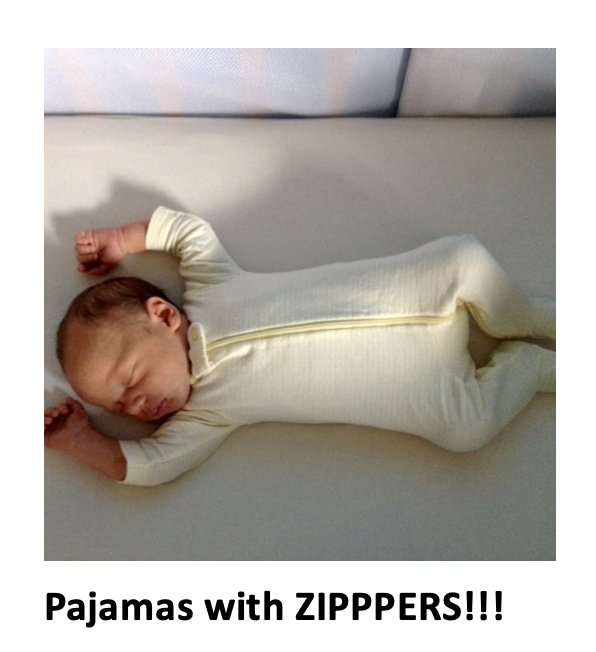
Zippers
Those teeny, tiny baby snaps can be so hard to operate – especially if you have any sort of trouble with your hands. I found them particularly infuriating on pajamas, where you’d have to line up 12 snaps at 3am with one bleary eye. Eventually I only used pajamas with zippers or nightgowns. Just know that there are other options for baby clothes besides snaps – clothes that pull on, Velcro, even magnets! Think about what kind might work best for you!
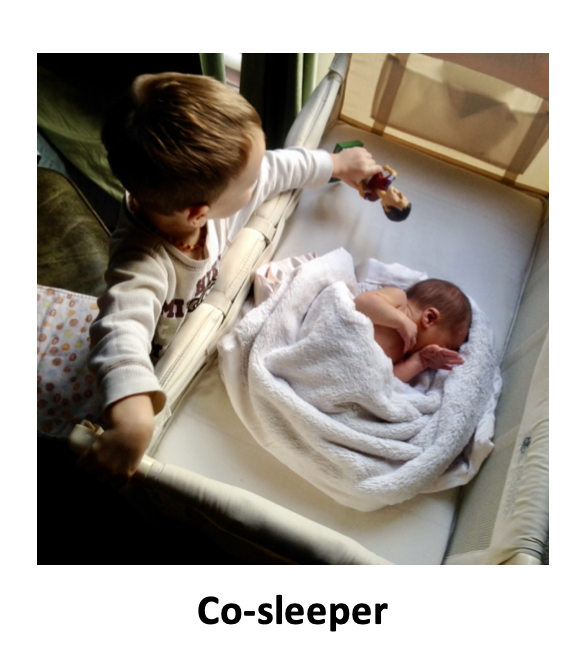
Co-sleeper
A co-sleeper is a little crib that attaches securely to the side of your bed. I found this particularly useful in the newborn period – especially since I was also recovering from C-sections. It was safer than having baby directly in the best with me, but still kept them within arm’s reach so I could feed them at night without having to get up.
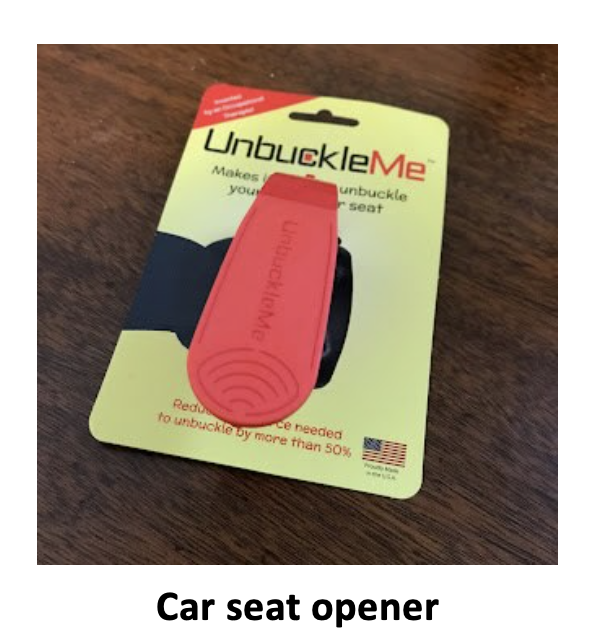
Car seat opener
Car seat buckles are designed to be hard to open! After all, that’s what keeps baby safe in a crash. But it can be really difficult for people who have trouble with their hands. There are a number of products out there designed to make car seats easier to open – my favorite one is called the UnbuckleMe.
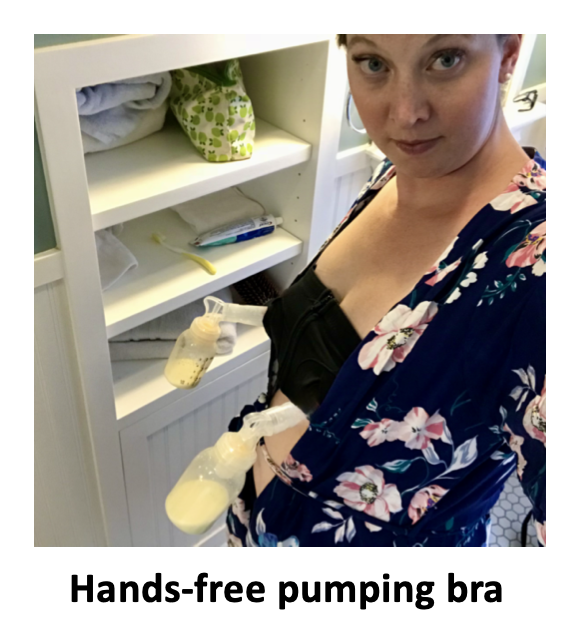
Hands-free pumping bra
If you’re planning to breastfeed and pump, definitely get yourself a hands-free pumping bra. Trust me on this one – it’s really difficult and uncomfortable to try to hold the pump in place otherwise!
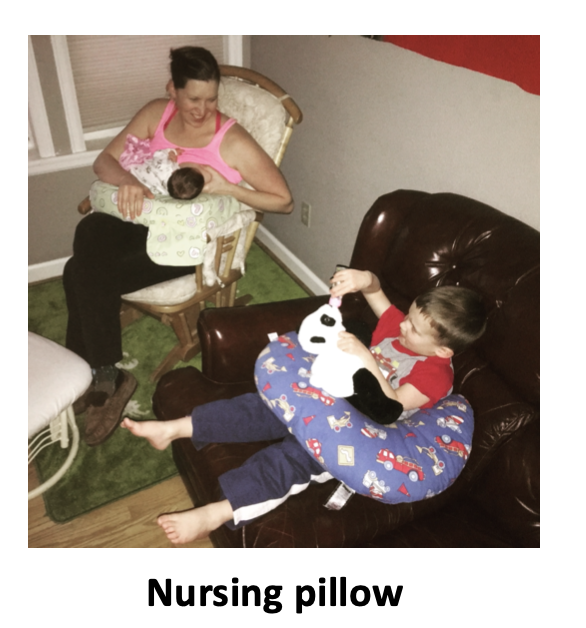
Nursing pillow
Whether you are planning to breastfeed or not, a nursing pillow can be a useful tool for positioning baby for feeding. Keep in mind you are going to spend a lot of time feeding your baby – especially at first, when you may also be flaring – so you want to make sure you are as comfortable as possible. My favorite nursing pillow is called My Brest Friend.
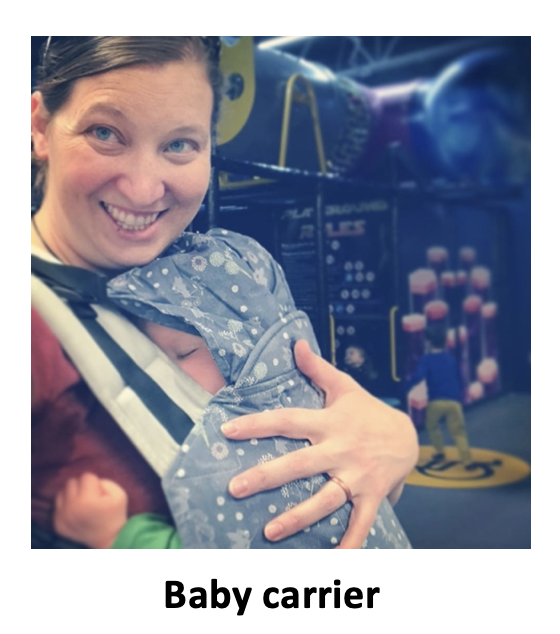
A baby carrier
Babywearing has been completely essential for me as a mom with a rheumatic diseases – in many cases it allowed me to carry and be close to my baby when I otherwise couldn’t hold them. There are a lot of different carriers out there, so try to find one that is comfortable for you and your baby, preferably one you can use without help.
An important caveat to planning in advance…
While I think planning in advance is an extremely useful strategy, I want to end with emphasizing something my friends Stephanie pointed out to me recently. Stephanie is also a mom living with RA, and she reminded me that is always ok to change your mind.
Situations change. Your physical abilities may change. Your baby is also going to have their own opinions. So, even if you have a plan in place, it is always ok to reevaluate the situation and change your mind about how you are doing something. The most important thing is to find a plan that works for you and your family, even if that plan has to change as you go.
